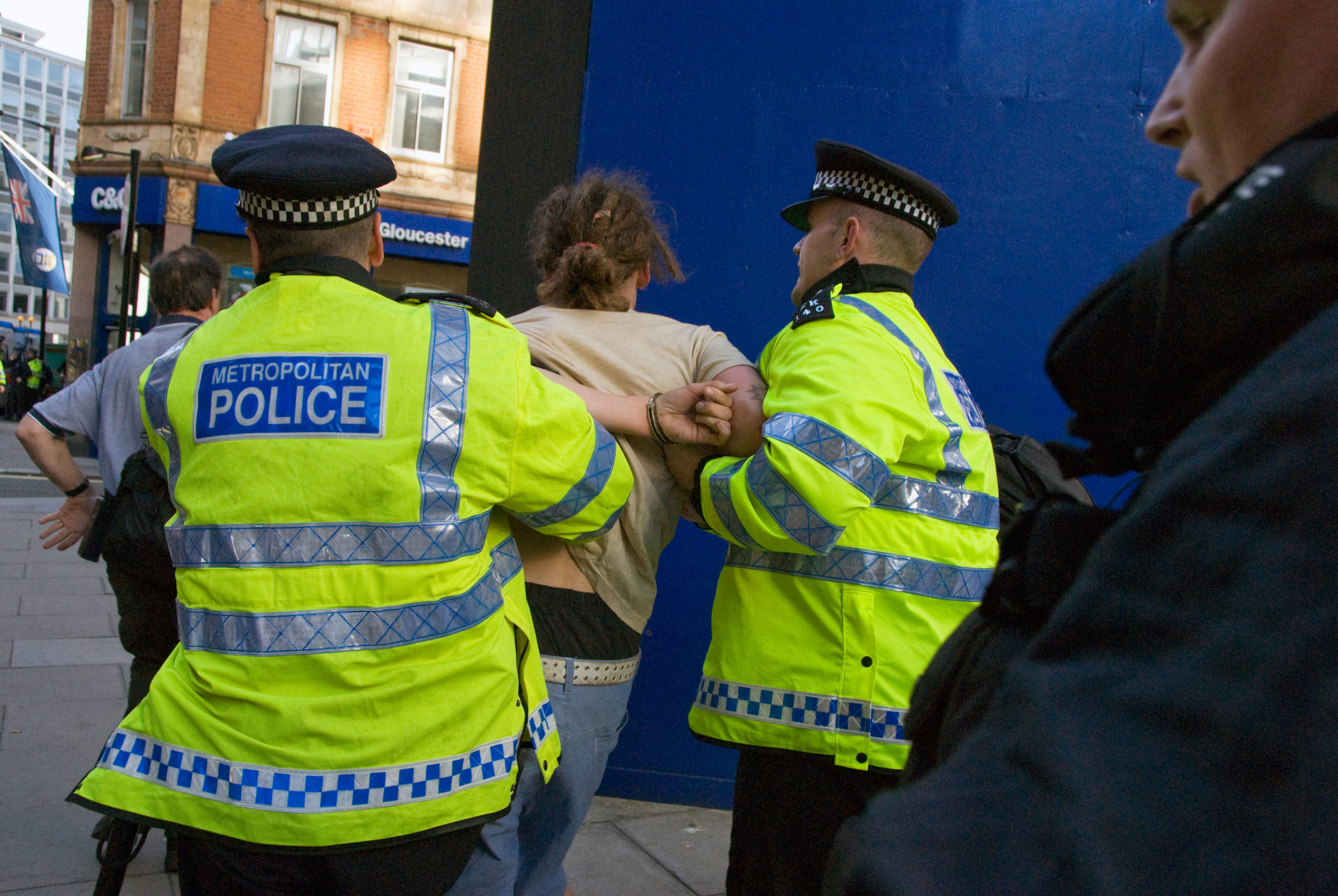Initial Contact
When police in the UK make an arrest, they are required to clearly state the reason for the arrest and ensure the suspect understands their basic legal rights. This can be done verbally in a direct but informal manner. A common phrase used is “You’re being arrested for [insert offence].” The officer will then provide a brief justification for the arrest, such as “to allow for prompt investigation of this offence” or “to prevent escape/further offenses.” For repeat offenders or in less serious situations, the language may be more casual, such as “You’re nicked for fighting” or “Alright John, you know you’re nicked for shoplifting again.”

Receiving the Caution
Along with stating the reason for arrest, police are legally obligated to clearly convey the caution to the arrested suspect. The standard caution advises that the suspect “do not have to say anything but it may harm your defence if you do not mention when questioned something which you later rely on in court.” Anything said can also “be given in evidence.” In the past, officers would say “anything you do say may be taken down and given in evidence,” but some suspects tried to be deliberately distracting in their replies. While the words have evolved over time, the core meaning of non-self-incrimination remains. Even a brief instruction like “you’re nicked, shut up!” has been held up in court as sufficient to convey the caution.
Ensuring Understanding of Rights
Once the reason for arrest and caution have been communicated verbally, police aim to ensure the suspect understands their basic legal rights and obligations during the arrest process. For suspects who are confused, distressed or unable to comprehend, officers may repeat or rephrase the key information to achieve clear understanding. In some situations, like when dealing with a particularly hostile or aggressive suspect, conveying full details of the arrest reason and caution can wait until the individual is securely detained and the environment is safer. The priority is on stabilization and safety rather than verbatim recitation of legal scripts.
Lessons Learned from Past Mistakes
When questioning arrested suspects, officers aim to determine if they have grasped important lessons from the incident leading to their arrest. For repeat offenders, the dialogue often focuses on discouraging continuation of self-destructive behaviors. Police may point out that failing to change unlawful conduct could result in “escalating criminal charges and lengthier incarceration periods, even potential decades spent behind bars.” For suspects in denial of responsibility, a reminder is provided about how even physically impressive individuals have spent years imprisoned due to poor choices. The goal of these discussions is to promote reflection and reconsideration of priorities before further legal consequences accumulate. While some suspects stubbornly insist they won’t face penalties, most are given an opportunity to contemplate alternatives to reoffending through open-minded discussion.
Transport and Processing
Once an arrested suspect has been informed of their legal rights and reasons for arrest, and their understanding confirmed, the next steps involve secure transportation and processing procedures. In the UK, this commonly entails polite but firm direction to “get in the back seat” of a police vehicle for transport to the nearest station. During the journey, basic rights like access to legal counsel are again reviewed. Basic details are also collected to initiate booking paperwork. This includes name, age, location of arrest and charge details. Biometric data like fingerprints and images may further be gathered depending on the offence and force procedures. At the station, comprehensive registration documentation is completed alongside interviews, evidence collection processes and communication with prosecutors as required for the case. The priority throughout remains fair, lawful and humane treatment of all suspects according to their legal protections and force policies.
Conclusion
While carrying out arrests can involve stress and uncertainty, UK police receive intensive Groundings guiding respectful, sensitive and lawful engagement with suspects at every step. From the initial contact through transportation and processing, clear policies and best practices protect both public safety and individual rights. With continued oversight and accountability, justice and community trust are upheld for all.

 My Unforgettable Trip to Singapore
My Unforgettable Trip to Singapore